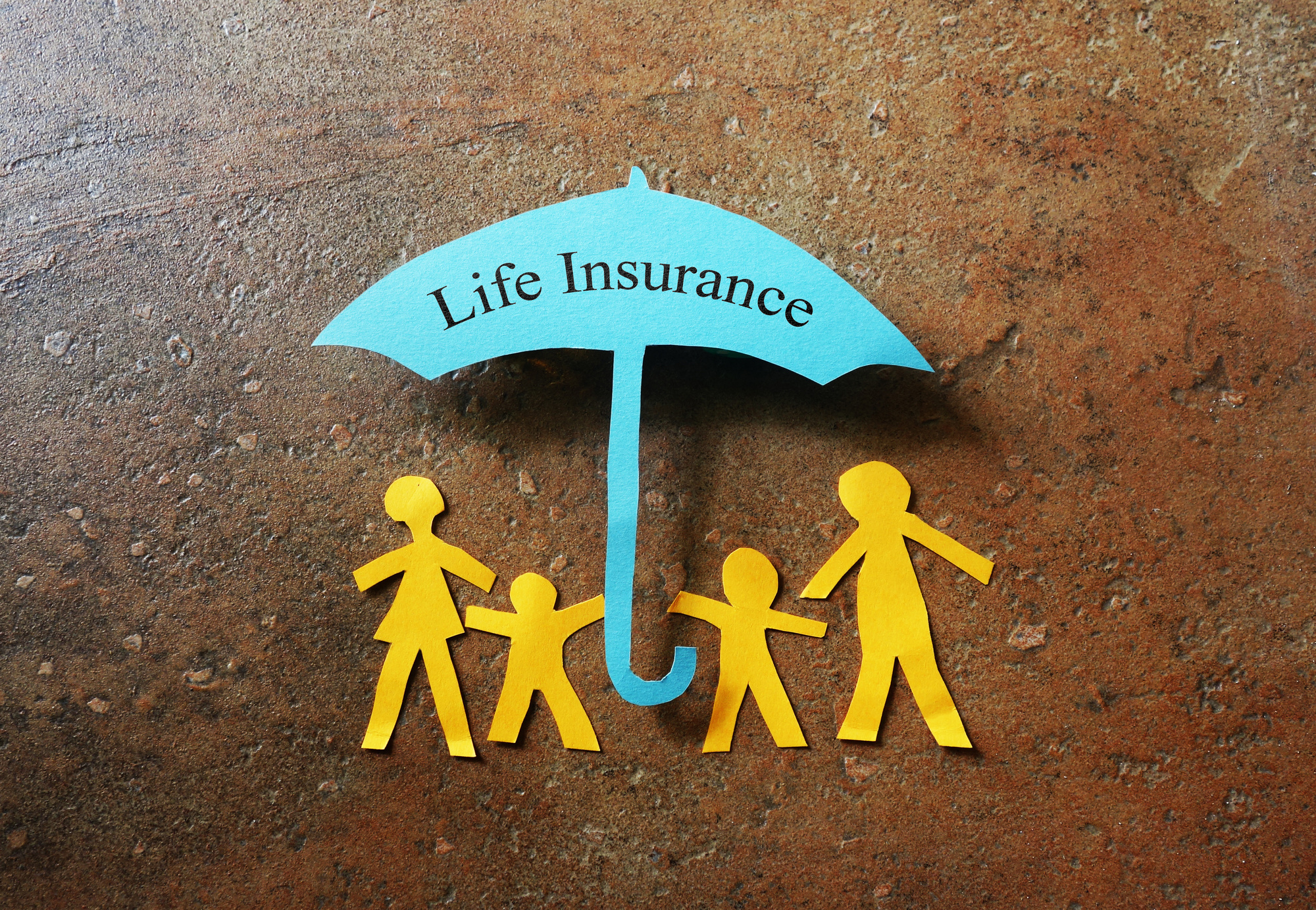No parent should ever have to bury a child. Yet in our broken and fragile world, this tragedy is a reality.
To add more pain to the loss, it costs literally thousands of dollars to bury a child and hold a proper funeral. Few parents take out a children’s life insurance policy. So cost comes completely out of pocket and casts an additional burden on an already suffering family.
Keep reading to learn about term life insurance plans for children.
Children’s Life Insurance Policy Options
Children’s Whole Life Insurance can provide peace of mind and financial security for parents, ensuring they have support during difficult times. In addition to planning for the unexpected, it’s essential to consider other forms of insurance. One such insurance option is Trauma insurance claims with Curo Financial, which can provide crucial assistance in situations where a child faces serious health issues. Let’s explore how this insurance can complement your family’s financial well-being.
Life insurance for children is a contract wherein an insurance company agrees to pay a given amount of money to parents if a child dies. Parents pay monthly premiums to receive these benefits with the agreement that they will receive the due amount if necessary.
Unlike adult policies, you cannot purchase a term life insurance policy for a child. Instead, you can only pay for a whole-life policy. This policy will provide lifelong coverage for the child as long as you pay the premiums.
Pros of Children’s Whole Life Insurance
The best life insurance policy for children is a whole-lie policy that guarantees your child’s insurability in the future. The policy will guarantee that your child always has life insurance, even into adulthood. So if your child develops a health condition or takes up a dangerous hobby or occupation that would make insurability difficult in the future, you’ve already guaranteed that they have life insurance.
Low Rates
Because we have such a low child mortality rate in the United States, you can typically lock in a low rate when the child is born. The rates may increase each year. Ultimately, though, the rates will pay off as the child ages.
Funds for Funeral Expenses
If your child dies unexpectedly, be it from an accident, SIDS, or an illness, you will have guaranteed funds for a funeral. You won’t have to wonder how you will pay for the funeral expenses or burial. You can even afford to take time off work to mourn with your family.
Cash Value
Many whole lie policies build a cash value. Over time, your child will be able to access that cash. As a result, the insurance policy becomes an investment that can help them with expenses like college in the future.
Cons of Children’s Whole Life Insurance
When you purchase a children’s life insurance policy, you’re opting to spend money on something you may never use. Some people argue that you could spend your money better by using it on your children while they’re alive rather than saving up for a tragedy that may never happen.
Here are a few other cons to purchasing children’s life insurance.
Long-Term Commitment
Generally speaking, whole life insurance offers a low rate of return. Many financial planners discourage parents from using it as a college savings plan because of its low rate of return. A newborn policy can take up to 15 years before you break even.
Low Coverage Limits
Most children’s insurance policies offer a limit of $50,000 to $75,000. This limit works well when your child is small. However, when your child grows up and has a family to support, this is an inadequate amount of coverage.
Weigh the Pros and Cons
No one can put a financial value on a child’s life. But you can ease the financial burden and focus on the emotional loss of your child when you have children’s life insurance.
Did you find this article helpful? If so, keep visiting our site for helpful, educational articles.




